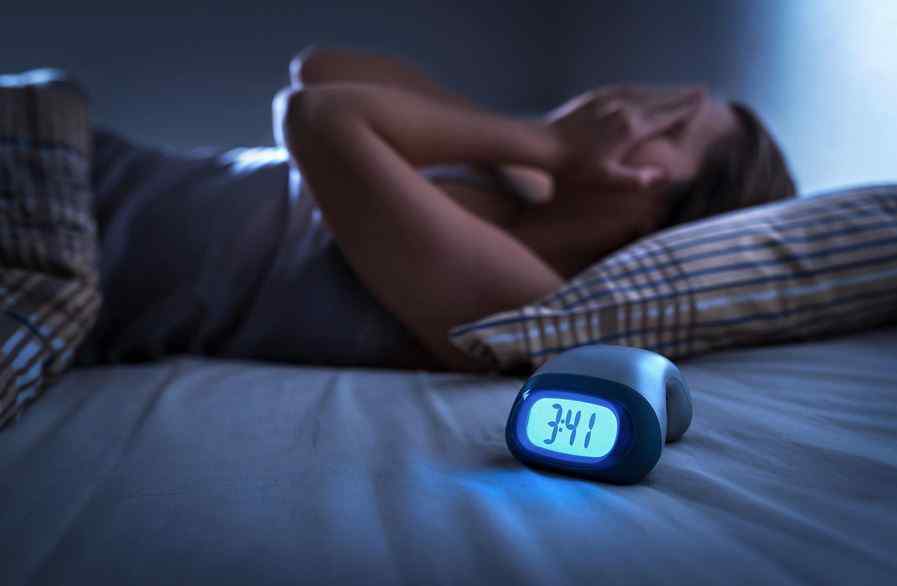10 Tips to Beat Insomnia and Sleep Better

Tips to Beat Insomnia and Sleep Better. Insomnia is characterized by difficulty sleeping or being able to maintain continuous sleep without being interrupted during the night. About 30% of people suffer from insomnia, which can manifest itself for various reasons, such as stress, anxiety, depression, chronic pain, and the use of certain medications. The biggest culprits are shift work, long hours, and irregular hours.
But in addition to work patterns, nighttime routines, diet, exercise, and other lifestyle factors can have a significant effect on sleep quality. The good news, however, is that there are several ways to prevent and treat insomnia, so with that in mind, we’ve prepared a list of 10 tips that can help you sleep more and with better quality. If insomnia persists, seek the help of a specialist doctor.
10 Tips to Beat Insomnia and Sleep Better
- Enabling Environment
An adequate level of darkness, silence, and cool temperature are important factors for a good night’s sleep, and they can be easily maintained. Check your room for light sources and change the curtains or, if necessary, wear an eye mask to keep out street light. Likewise, check the temperature. The ideal temperature for the bedroom is between 15 and 19 degrees Celsius, which is cool enough for your body to fall asleep and stay asleep all night without restlessness.
- Avoid Sleeping too much during the Day
Naps, when possible, can help with mood, but longer than 30 minutes (at any time of the day) tend to impair nighttime sleep.
- Create a Bedtime Ritual
Look for relaxing activities that you enjoy, to slow down a few hours before bed. It can be a hot bath, a cup of tea, warm milk, reading a book, drawing…
- Disconnect
Are you in the habit of using your phone as an alarm clock or checking Facebook before bed? In that case, you are risking the quality of your sleep. The blue light emitted by the screens suppresses melatonin, the hormone that controls your sleep/wake cycle. So make sure you eliminate all electronic devices from your bedroom at least an hour before bed. If you need to keep devices in your room, switch them to night mode.
- Do physical Activity in the Morning or Afternoon
Physical activity is essential for good health and helps you sleep better, but it can cause restlessness. That’s why it’s best to exercise up to six hours before bed.
- Keep a Routine
Going to bed and waking up at the same time every day is important, but that’s not all that helps. Regular exercise, eating and working hours also act as markers for our biological clock to understand when it should be more awake or relaxed.
- Set a Sleep Schedule
When it comes to sleep, a little discipline goes a long way. Going to bed at the same time each night and waking up at the same time each morning establishes a routine that your body’s internal clock gets used to, and this helps you know when to get ready for bed.
- Eat Light Food during Dinner
Heavy, protein-rich foods, when consumed in excess at night, can disrupt sleep. Light carbohydrate dishes, such as a natural snack, are best suited to induce sleep.
- Lie Down only when you are Sleepy
Often, people with insomnia tend to go to bed earlier, spend more time in bed, or wake up later in an attempt to gain sleep. But this time of exposure to bed can make sleep even lighter and more vulnerable. The tip is only to lie down when you are really about to sleep.
- Avoid the Consumption of Alcoholic Beverages
Although the first effect of alcohol is sedative, after a while it can cause agitation. It is therefore recommended to avoid alcohol consumption up to six hours before bedtime and as a sleep inducer.
See More: 10 Tips to Get Better Sleep At Night
Follow Top and Trending on Google News and receive the latest alerts and the main news about apps, technology, beauty, entertainment, and all the top 10 related posts.
